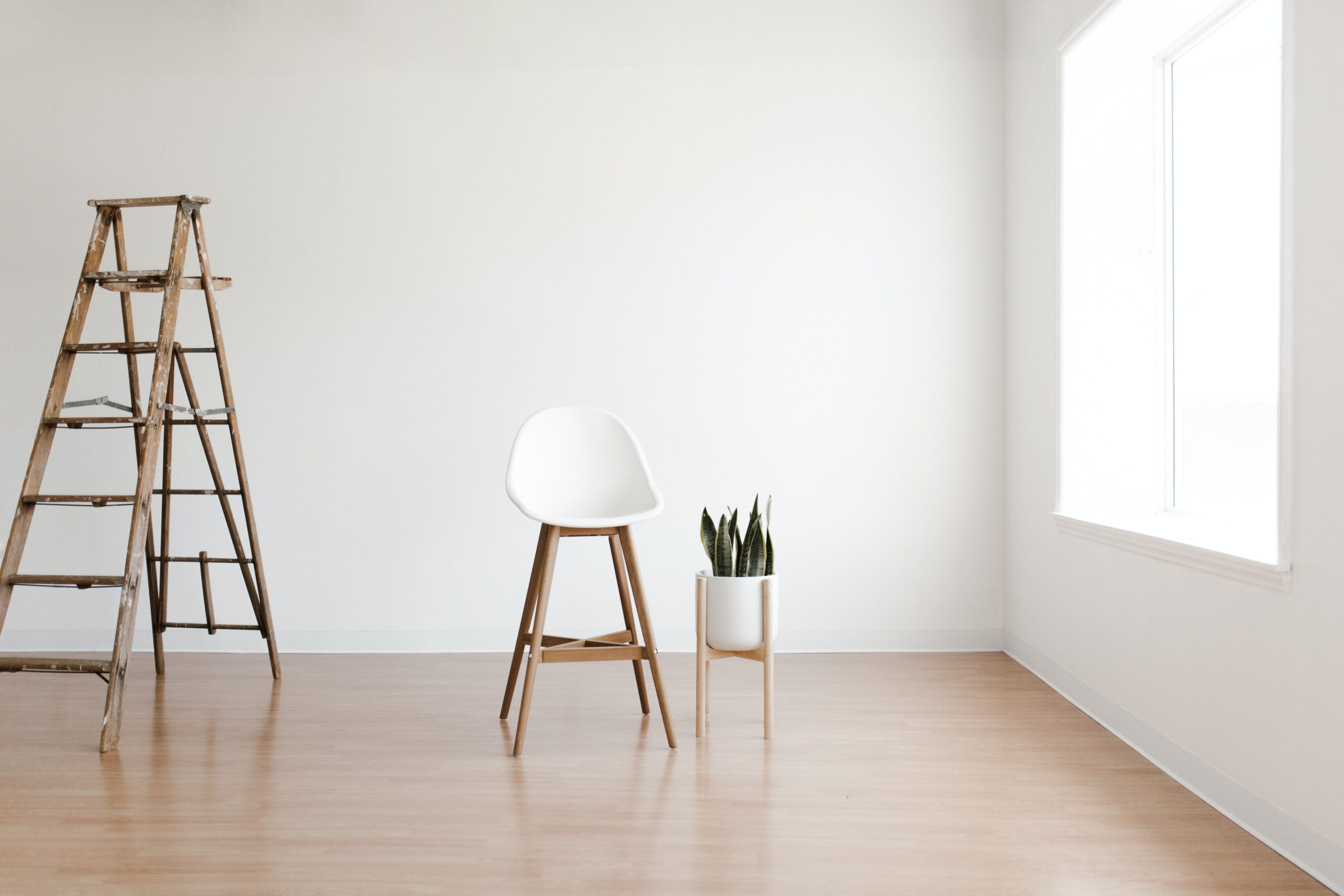
In a world where we are constantly bombarded with advertisements and the pressure to acquire more, the concept of minimalism has gained a lot of traction. The philosophy of minimalism is centered around living with less, and it can be applied to various aspects of our lives including our possessions, our finances, and even our schedules. In this post, we’ll dive into the world of minimalism and explore how it can benefit you.
What is Minimalism?
Minimalism is a way of life that focuses on simplifying and decluttering our surroundings. It’s about reducing the excess and living with only the essentials. Minimalism is not about depriving ourselves of things we love or need, but rather, it’s about being mindful of what we own and what we consume. It’s about finding happiness and contentment in the things we have, rather than constantly seeking more.
The Benefits of Minimalism
-
Reduced Stress and Anxiety: Cluttered and chaotic spaces can lead to increased stress and anxiety. By reducing the amount of stuff we own, we can create a more peaceful and calming environment.
-
Increased Productivity: Minimalism can help us focus on what’s truly important, allowing us to be more productive and efficient in our daily lives.
-
Financial Freedom: By consuming less, we can save money and become more financially stable. We can also avoid the trap of constantly chasing after the latest trends and keeping up with the Joneses.
-
Better Relationships: When we focus on what truly matters, we can develop deeper and more meaningful relationships with the people in our lives.
How to Embrace Minimalism
-
Declutter: Start by going through your possessions and identifying the things that you truly need and use. Get rid of the excess and only keep the items that bring you joy and serve a purpose.
-
Simplify Your Finances: Review your budget and identify areas where you can cut back on spending. This could include reducing your subscriptions or eating out less frequently.
-
Be Mindful of Your Consumption: Before making a purchase, ask yourself if you truly need the item or if it will bring value to your life. Avoid impulse purchases and focus on buying only what you need.
-
Simplify Your Schedule: Identify the activities that truly matter to you and prioritize them. Learn to say no to commitments that don’t align with your values or that add unnecessary stress to your life.
In conclusion, minimalism is about simplifying and living with intention. It’s a way of life that can help us reduce stress, increase productivity, and find contentment in what we already have. By embracing minimalism, we can focus on what truly matters and live a more fulfilling and intentional life.
I’m on socials
Look, like and follow us!
Recent Comments